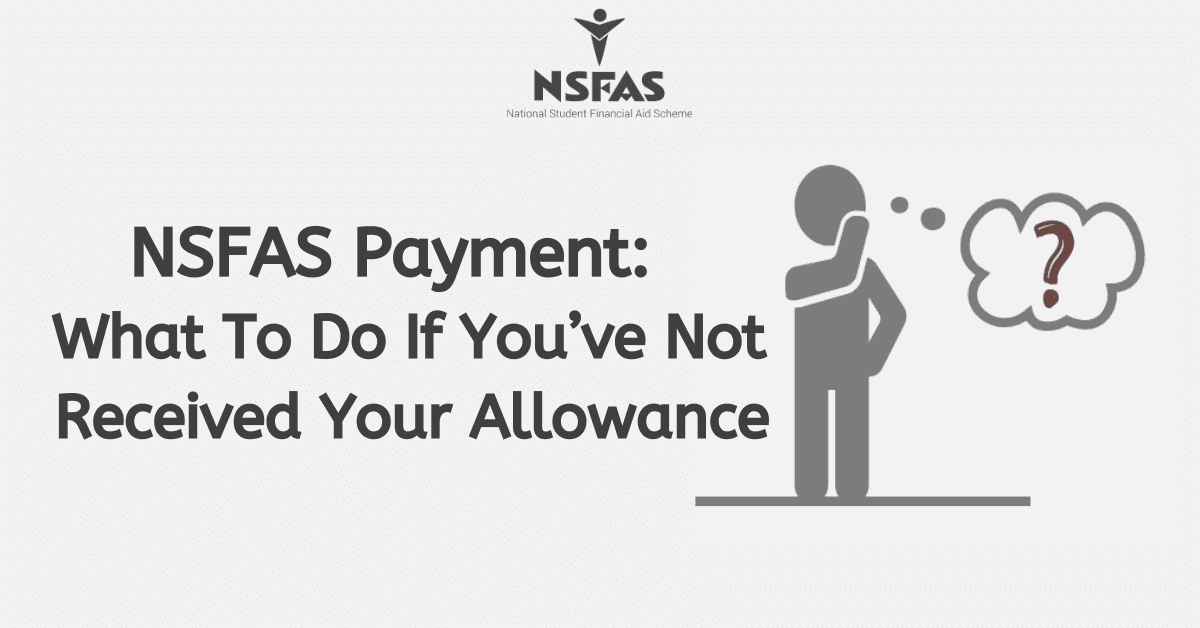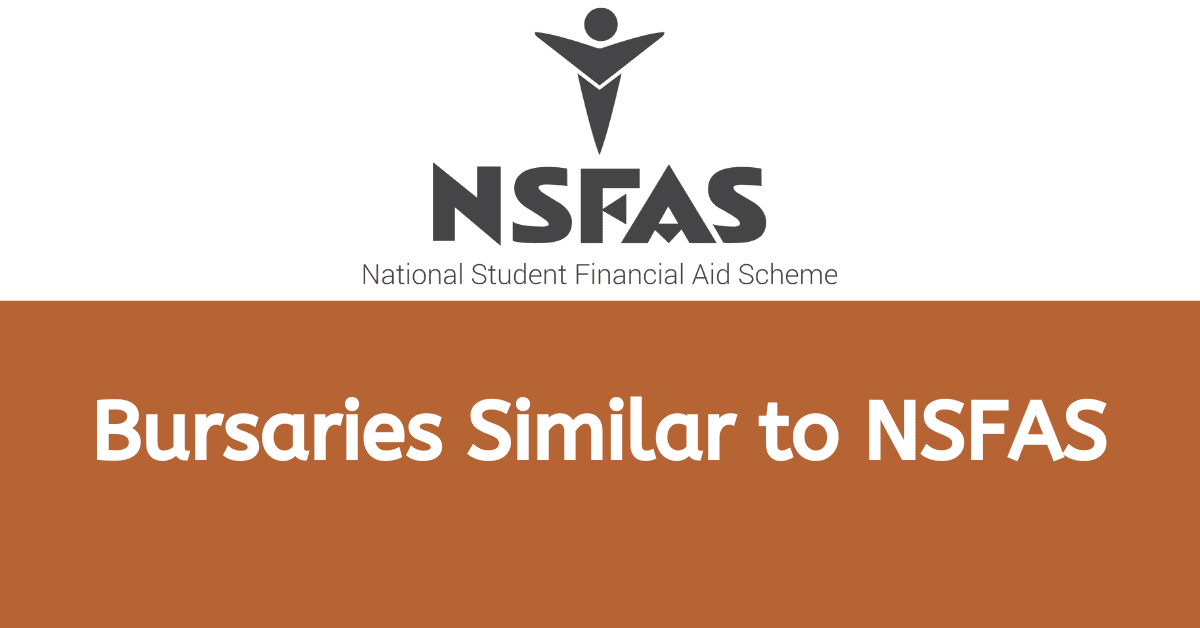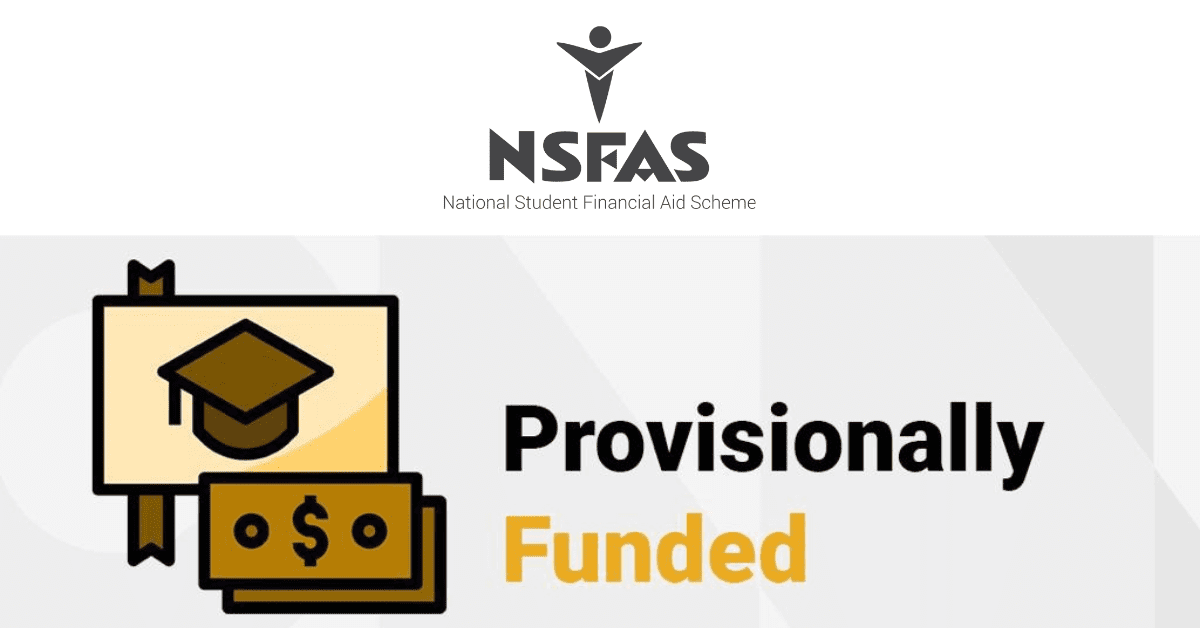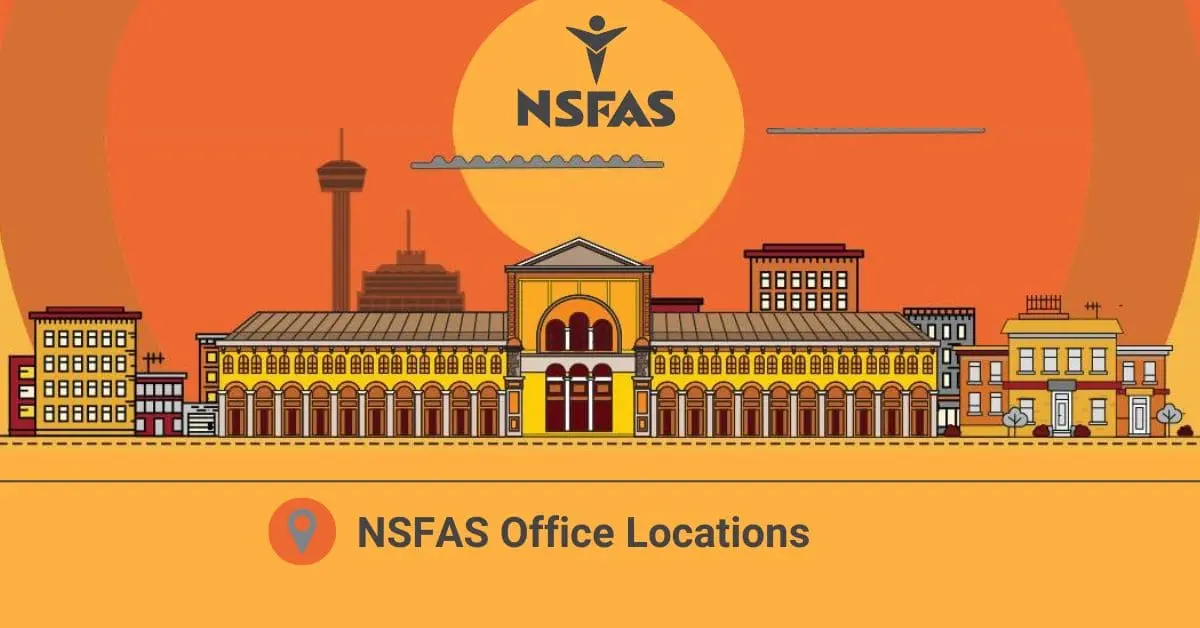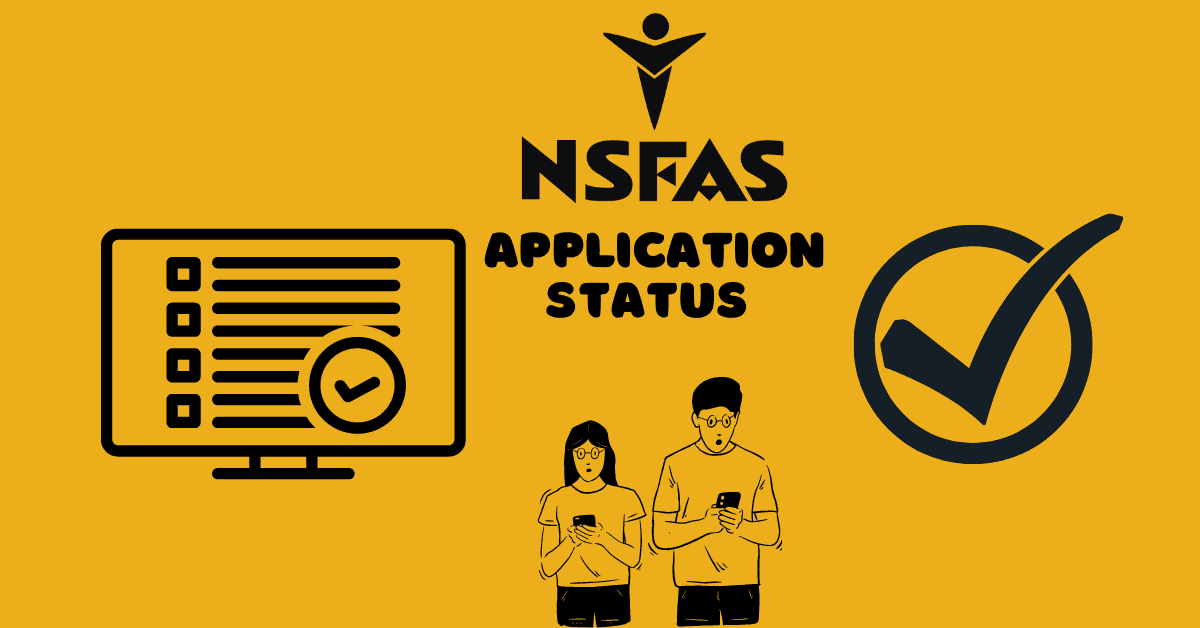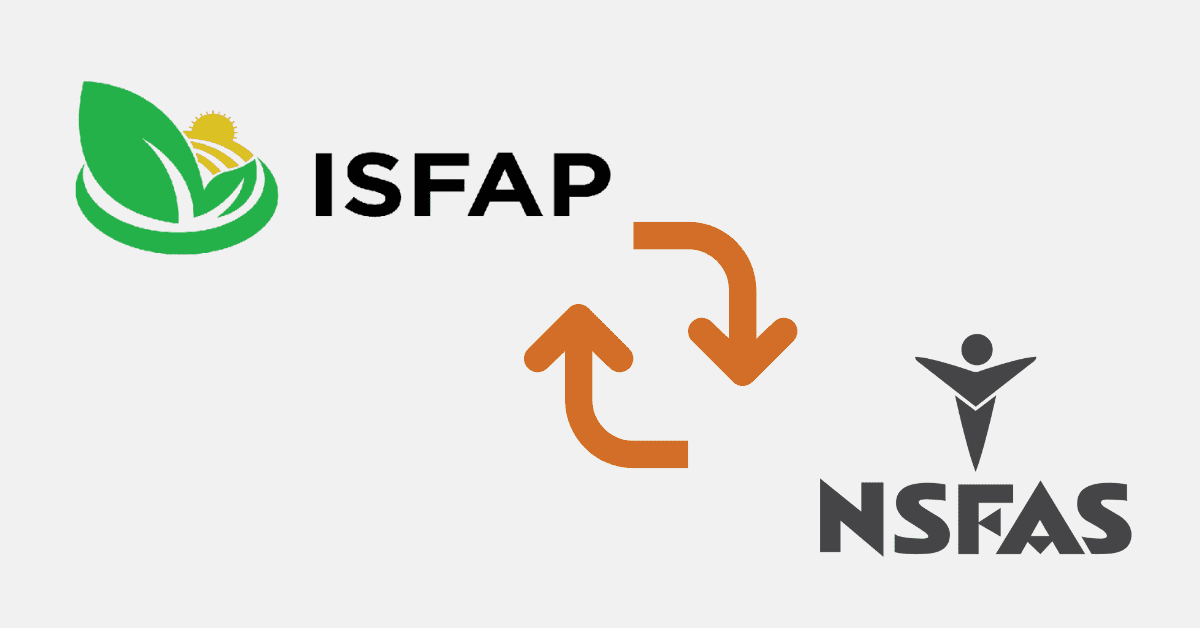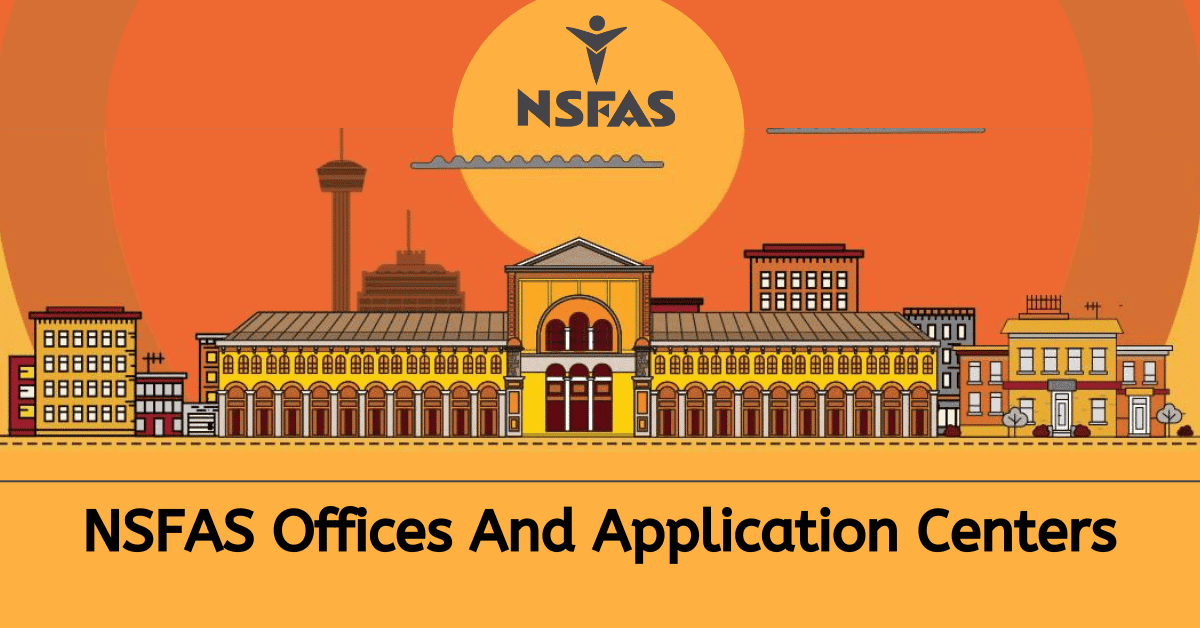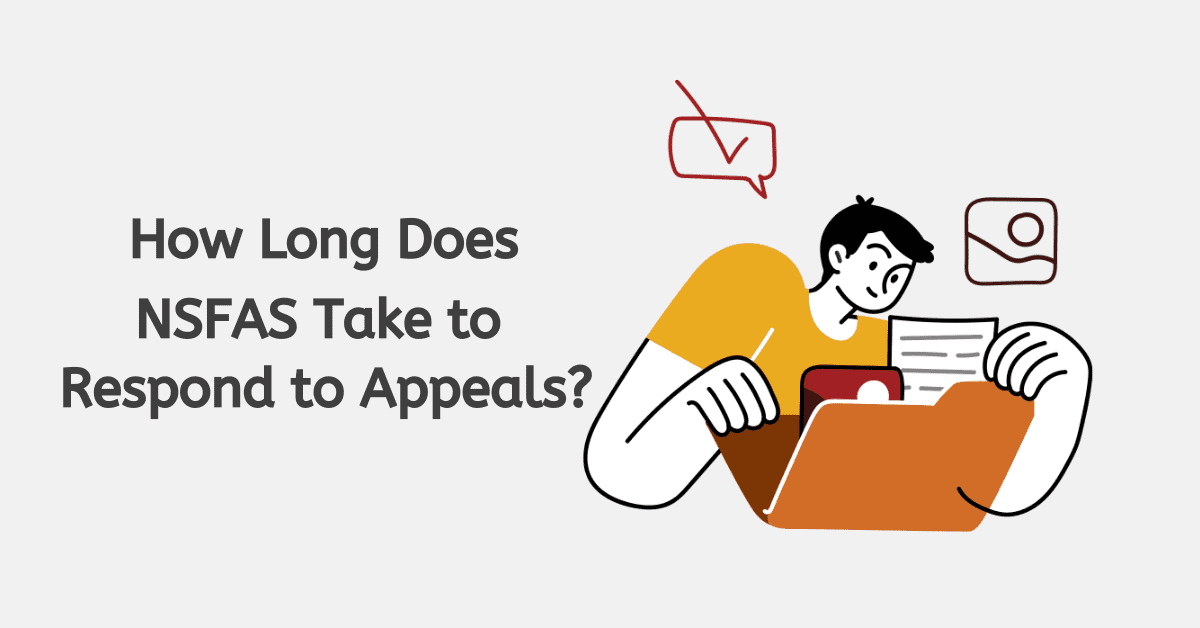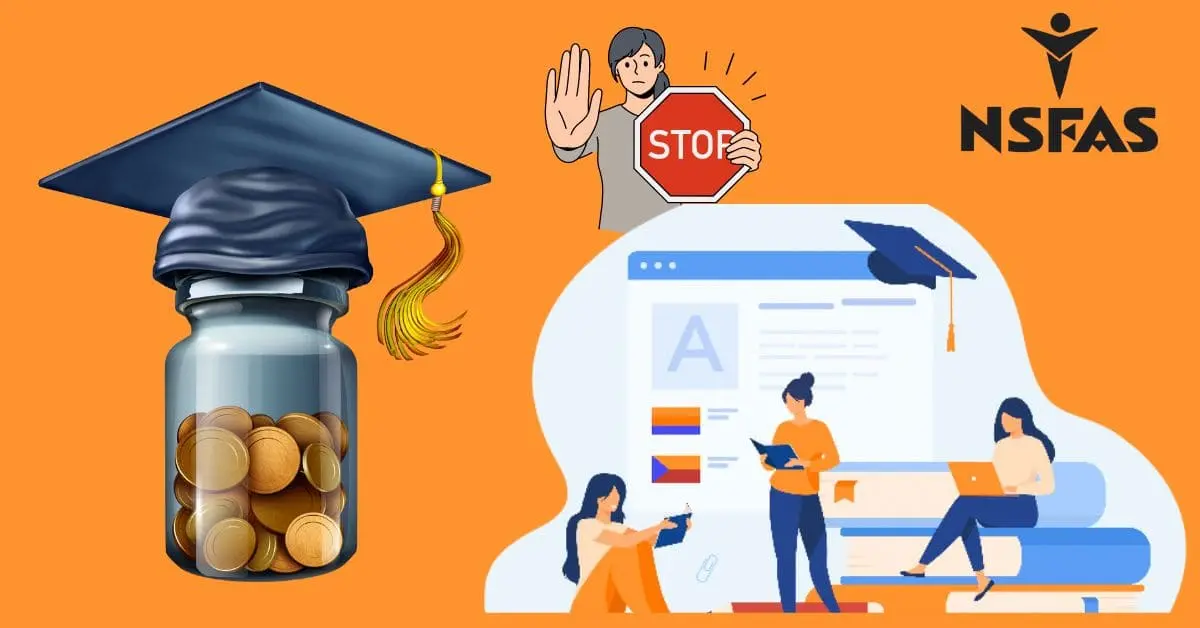As part of your NSFAS application process, you will need to produce proof of legal guardianship from either a parent or your guardian. While in South Africa a police affidavit will often be enough for these purposes, NSFAS requires more stringent proof of guardianship. This requirement often confuses students- but we have all the information you need.
What is Proof of Legal Guardianship for NSFAS?
Proof of legal guardianship is a document that confirms that a person has been appointed as the legal guardian of the student who is applying for financial aid from NSFAS.
NSFAS requires applicants to provide proof of legal guardianship in situations where the student’s parent or legal guardian is deceased, incapacitated, or otherwise unable to provide financial support. This requirement exists because the student’s successful financial aid application is based on accurate and verifiable information about their family circumstances.
Can I Submit a Guardianship Affidavit for my NSFAS Application?
You cannot submit a standard police affidavit as proof of guardianship for NSFAS, even though this will be acceptable proof for other circumstances in South Africa. They prefer the official, court-appointed legal guardianship document.
If this is not available for any reason, examples of other documents that may be accepted as proof of legal guardianship include court orders, letters of appointment, and other legal documents that confirm the relationship between the student and their guardian. As always, it’s important for students to review the guidelines carefully and to consult with NSFAS or their institution’s financial aid office if they have any questions or concerns.
Why NSFAS Does Not Accept Affidavit For Guardianship
While an affidavit provides some evidence of guardianship, it is not considered a legally binding document and may not be sufficient for NSFAS purposes. This is why the bursary program does not accept an affidavit in guardianship matters.
NSFAS instead requires legal documentation such as a court order or a letter of guardianship issued by the relevant legal authorities to verify guardianship. This is because they need to ensure that the person claiming guardianship has the legal authority to act on behalf of the student and make decisions regarding their education and finances.
Accepting affidavits as proof of guardianship may lead to fraudulent activities or misunderstandings, as an affidavit can be easily forged or challenged in court. As such, NSFAS needs to verify guardianship through proper legal channels to ensure that the financial aid is going to the right person and is being used for the intended purposes.
Can I Use an Affidavit as Proof of Legal Guardianship?
If you are hoping to secure NSFAS financing for your tertiary education, you cannot use an affidavit as proof of legal guardianship. We’ve mentioned some alternatives above, but their preference is for the original, official, and court-appointed document of legal guardianship.
Other authorized legal documents pertaining to the guardianship may be accepted as an alternative, but a police affidavit is simply not enough. It must be a verifiable and stringent legal document from a South African court.
Can You Apply for NSFAS Without a Guardian?
You can apply for NSFAS without a legal guardian, provided you are not supported by one. If a student is considered to be independent and not financially supported by their parents or legal guardians, they can apply for financial aid as an independent student.
To be considered an independent student, you would need to meet certain criteria set by NSFAS, which include being financially self-sufficient, being over the age of 18, and not being financially supported by your parents or legal guardians. Additionally, you may need to provide supporting documents to prove your independence and financial need, such as bank statements, proof of income, and other relevant documentation.
How do I Write Proof of Guardianship?
If you are being supported by someone who is not your guardian or parent, NSFAS will, ironically, ask for a police affidavit to explain the circumstances. However, remember that no affidavit will be accepted by NSFAS as proof of legal guardianship.
Should this pertain to you, the overseeing official will assist you. Remember that this is a very important document for the student, and take the duty seriously. Introduce yourself and your relationship with the student. Provide your name and contact information. If you are the legal guardian, mention that in the letter. State the purpose of the letter. In this case, it is to provide proof of guardianship for the student’s NSFAS application.
Provide details about the guardianship. Explain how you became the student’s guardian and provide any legal documentation that proves your guardianship, such as a court order or a letter of guardianship issued by the relevant authorities. Confirm that you have been given the legal authority to act for the student. State that you have the legal authority to make decisions regarding the student’s education and finances. Close the letter with a statement affirming your willingness to provide additional information if required.
Remember to keep the letter concise and to the point, providing only relevant information that will help support the student’s NSFAS application. If you have any questions or need help in writing the letter, you can contact NSFAS directly for guidance.
What is the Purpose of an Affidavit of Guardianship?
An affidavit of guardianship is a document that is used to establish the legal authority of a person to act as a guardian for a minor. It provides proof that the person signing the affidavit has been appointed as the legal guardian and has the legal authority to make decisions on behalf of the child, including decisions related to education, healthcare, and finances. The affidavit must be signed while in the presence of a notary public and is considered a legally binding document- but it is not a sufficient level of proof for NSFAS. A court appointment or other legal documents will be needed.
Hopefully, you now understand the process of proving legal guardianship for NSFAS and feel empowered to add this important document to your supporting documents on your application.
